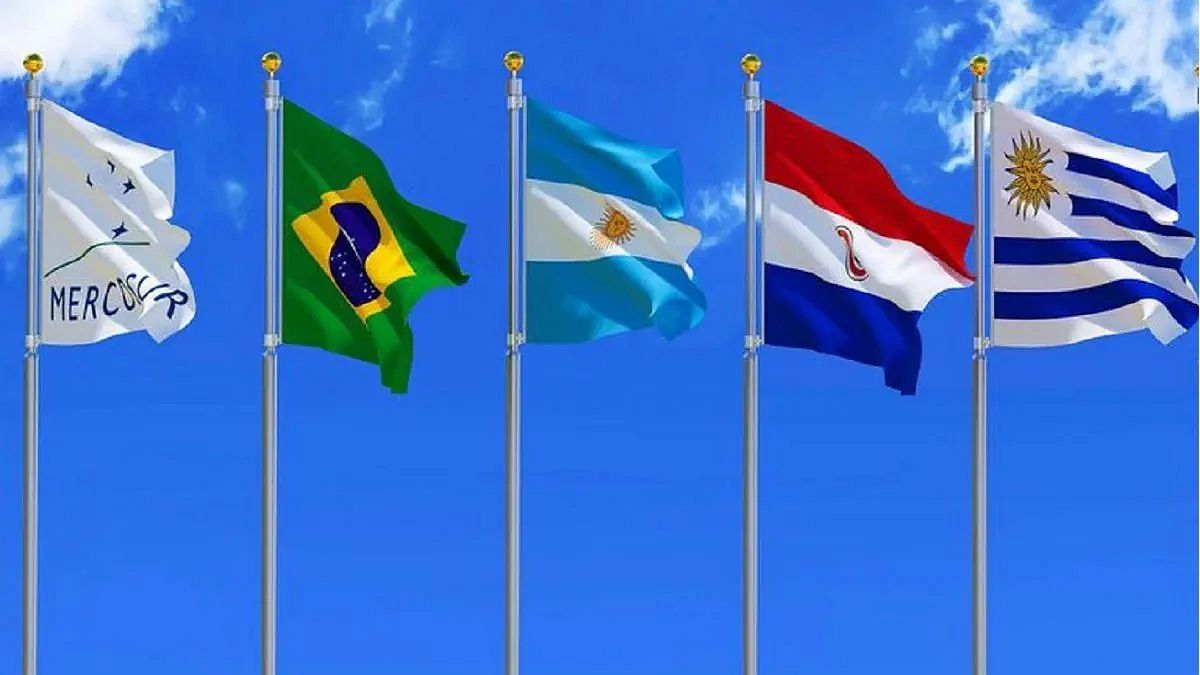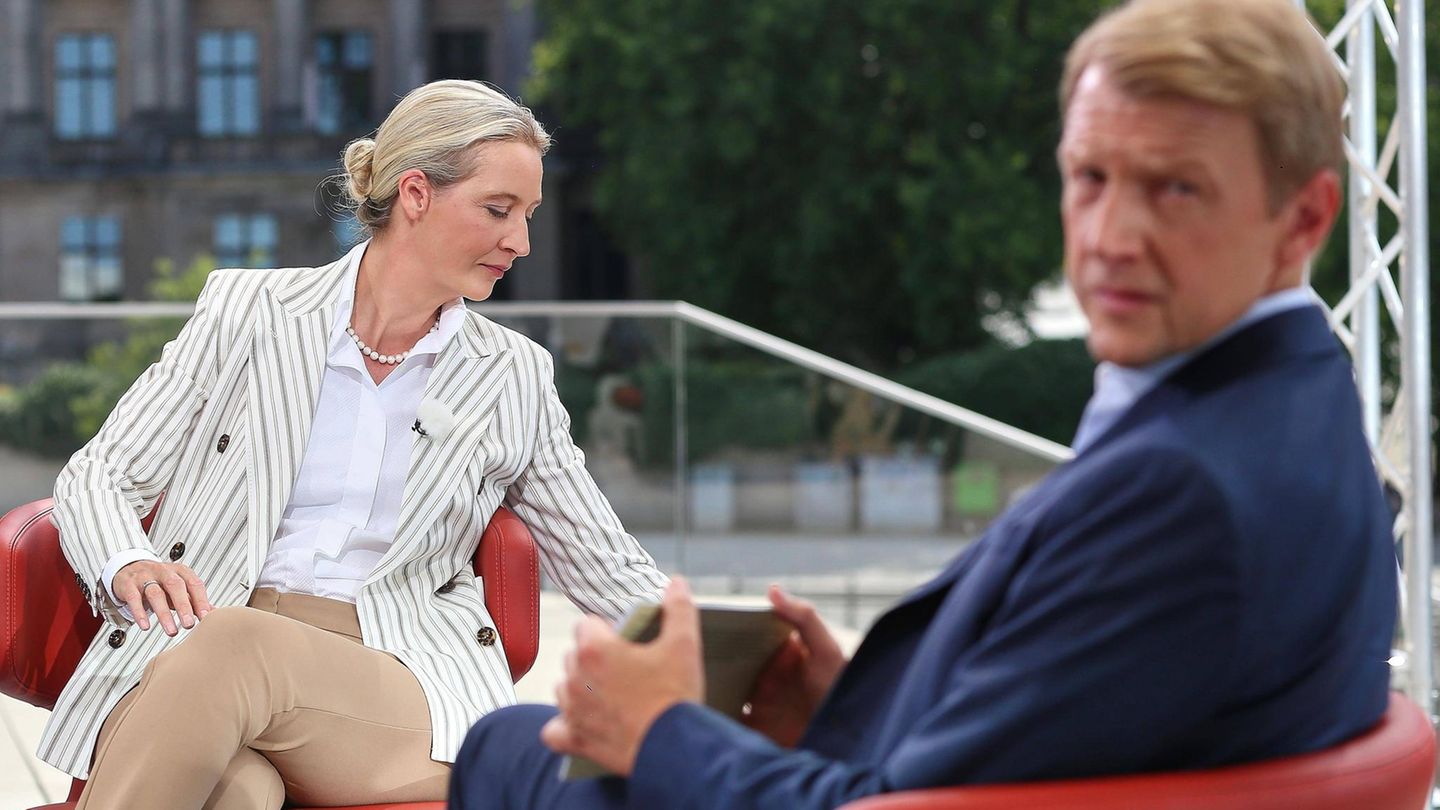Here and now there are large differences in the economic cycles of each country, which constitutes a complex starting point. For example, while inflation in Argentina is close to 100% annually, in Brazil, and for the third consecutive month, there was deflation, which shot up consumer confidence indices and growth prospects, reinforcing this movement.
At the same time, the trend of the Brazilian real seems stable, despite the “super dollar”. The Central Bank (BC) Focus Report showed that the median of the estimates for the dollar at the end of this year remained at R$5.20.
For 2023, the median of the estimates for the US currency also stopped at R$5.20 from one week to the next. By 2024, it went from BRL 5.10 to BRL 5.11.
An appreciation of the real based on the best forecasts could help the Argentine central bank.
In recent days, an incident even took place, when the current minister, Paulo Guedes, harshly criticized the IMF for its mistakes, since the body that leads Kristalina Georgiev reported that Brazil will grow 2.8% in 2022, being that in July it had forecast an increase of 1.7%, while the Ministry of Economy itself assured, also in July, that it would grow 2.7%.
In any case, it is convenient to make an additional parameter: in 2011, Brazil’s GDP was US$2.62 billion, while in 2021 it was US$1.61 billion.
It is interesting to note that, in recent months, the Exchange Traded Fund, which brings together the most important shares in Brazil, has been recovering ground. It’s called EWZ and it rose almost 10% on investors’ celebratory looks at a government and opposition of equal size in parliament as of the result of the first round of elections.
In other words, it was “celebrated” that the congress will have a strong Bolsonarist presence but also the presence of “independents” who tend to have a more centrist position, something that Lula himself was in charge of marking, by incorporating the former São Paulo governor as vice president. Gerald Alckmin, of unconcealable conservative imprint.
Where there would be greater expectations is in foreign policy (and even a change of perspective via Mercosur). It is known that the minister of Bolsonaro, Guedes prioritized international agreements with countries such as South Korea, Canada and India, before deepening the agreements within Mercosur.
However, from now on a gradual modification in progress with the BRICS bloc, -the group of nations and emerging powers that make up Brazil, Russia, India, China and South Africa-, could be expected. It will be necessary to remember that, weeks ago, and after Russia, China also confirmed its support for the incorporation of Argentina to the BRICS.
In terms of bilateral trade, Argentina has been posting a significant deficit. In the accumulated of the year, it registers a deficit of US$2,185 million, when in the same period of 2021 it had been US$600 million. In this sense, surely a better balance of trade with the neighboring country will have the approval of the IMF, accustomed to demanding from Argentina a policy of accumulation of reserves.
Source: Ambito
David William is a talented author who has made a name for himself in the world of writing. He is a professional author who writes on a wide range of topics, from general interest to opinion news. David is currently working as a writer at 24 hours worlds where he brings his unique perspective and in-depth research to his articles, making them both informative and engaging.




